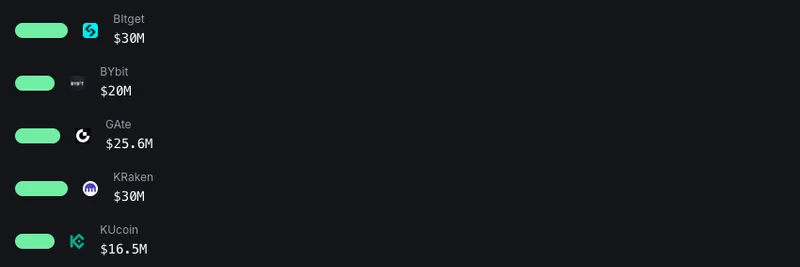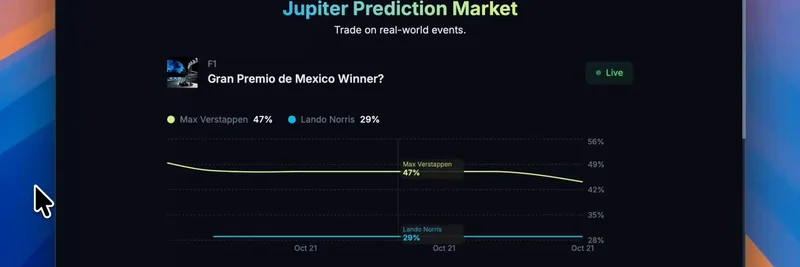In the fast-paced world of tech, where breakthroughs often stumble before they sprint, a recent thread on X has sparked conversations that resonate beyond gadgets—straight into the heart of meme token culture. Veteran tech influencer Robert Scoble didn't hold back in his detailed critique of Meta's latest Ray-Ban AI glasses with display, calling them a "huge miss" after years of anticipation. Drawing from his experience with early AR devices like Google Glass, Scoble listed out pain points that many early adopters might recognize: lack of integration with everyday apps like Gmail or Slack, no real AR capabilities, uncomfortable controls, and a design that feels cheap despite the hype.
Scoble's disappointment stems from high expectations built over a decade. He points out the glasses' failure to deliver on basics—like web browsing, streaming entertainment, or even seamless AI interactions for tasks like coding or research. Instead of a revolutionary heads-up display (HUD) that blends digital info with the real world, these feel like a half-baked prototype. No mixed reality experiences, poor audio quality compared to top headphones, and zero ties to popular services make them niche at best—suited maybe for Instagram creators capturing hands-free content or gadget enthusiasts showing off to friends.
But amid the backlash, Drew Coffman offers a refreshing counterpoint: "Early tools always look strange. The first iPhone did. These glasses do too. What matters is endurance, and the willingness to keep refining until the seams disappear. Can Meta stay that focused?" It's a nod to tech history, reminding us how Apple's iPhone launched in 2007 with clunky features, no app store, and skepticism galore—yet iterated into the powerhouse it is today.
This exchange hits home for anyone in the blockchain space, especially meme token creators. Meme coins, those viral cryptocurrencies born from internet jokes and community hype, often start rough around the edges—just like these AI glasses. Think of Dogecoin, which began as a meme in 2013 with little utility, facing endless criticism for being "just a joke." Yet through community endurance and iterative updates—like integrations with payments and NFTs—it evolved into a multi-billion-dollar asset. Similarly, tokens like Shiba Inu or Pepe faced early doubts but refined their ecosystems with decentralized finance (DeFi) tools, gaming, and real-world partnerships.
The lesson? Innovation thrives on persistence. For meme token projects, this means listening to feedback, much like Meta might need to do with its glasses—improving integrations, comfort, and features in future versions. Blockchain practitioners can draw parallels: start with a simple, engaging idea (the "meme" hook), build a loyal community, and iterate relentlessly. Tools like smart contracts on Ethereum or Solana allow for quick refinements, turning initial "strange" prototypes into polished products.
As AI and blockchain converge—imagine AR glasses displaying real-time crypto wallets or NFT collections—these early hiccups could pave the way for game-changers. Will Meta endure and refine, much like successful meme tokens? Time will tell, but the conversation underscores a universal truth in tech: the path to seamless adoption is rarely smooth, but always rewarding for those who stick it out.




